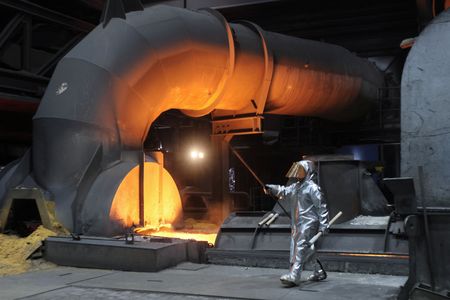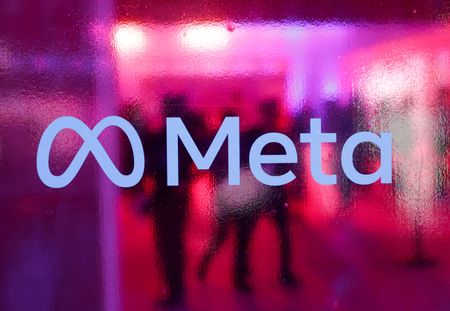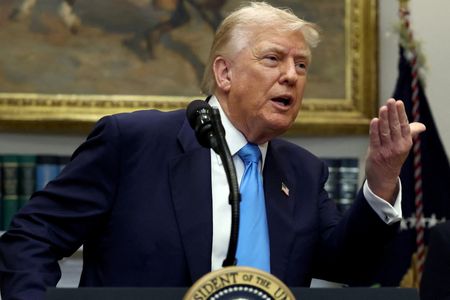LONDON (Reuters) -Euro zone manufacturing moved closer to stabilization in July as factory activity contracted at its slowest pace in three years, despite a dip in new orders and slower output growth, a survey showed.
The HCOB Eurozone Manufacturing Purchasing Managers’ Index, compiled by S&P Global, edged up to 49.8 in July from 49.5 in June, reaching its highest level since July 2021.
That matched a preliminary estimate and was only a whisker away from the 50.0 mark separating growth from contraction.
Factory output grew for the fifth consecutive month but at a slower pace with the output index easing to 50.6 from 50.8, marking a four-month low.
“Manufacturing in the euro zone is cautiously regaining momentum. With the newly agreed trade framework between the EU and the U.S., uncertainty should decline, and the signs point to a continued upward trend in the coming months,” said Cyrus de la Rubia, chief economist at Hamburg Commercial Bank.
The U.S. struck a framework trade agreement with the European Union on Sunday, imposing a 15% import tariff on most EU goods.
Germany, Europe’s largest economy, saw its manufacturing PMI rise to a 35-month high of 49.1, though still indicating contraction. France and Austria tied as the worst performers with identical readings of 48.2.
Among euro zone countries, Ireland led manufacturing performance with a PMI of 53.2 although this represented a two-month low. The Netherlands and Spain both recorded 51.9, marking 14-month and seven-month highs respectively. Greece maintained its growth streak at 51.7.
New orders declined marginally as export sales proved a drag following their brief stabilisation in June.
Price pressures remained largely absent in July, with input costs unchanged following three months of declines, while output prices showed virtually no movement.
The European Central Bank left interest rates unchanged last week and offered a modestly upbeat assessment of the currency union’s economy.
Business confidence regarding future output remained above the long-term average in July, though it retreated from June’s 40-month high, suggesting manufacturers maintain a cautiously optimistic outlook for the year ahead.
(Reporting by Jonathan Cable; Editing by Toby Chopra)











